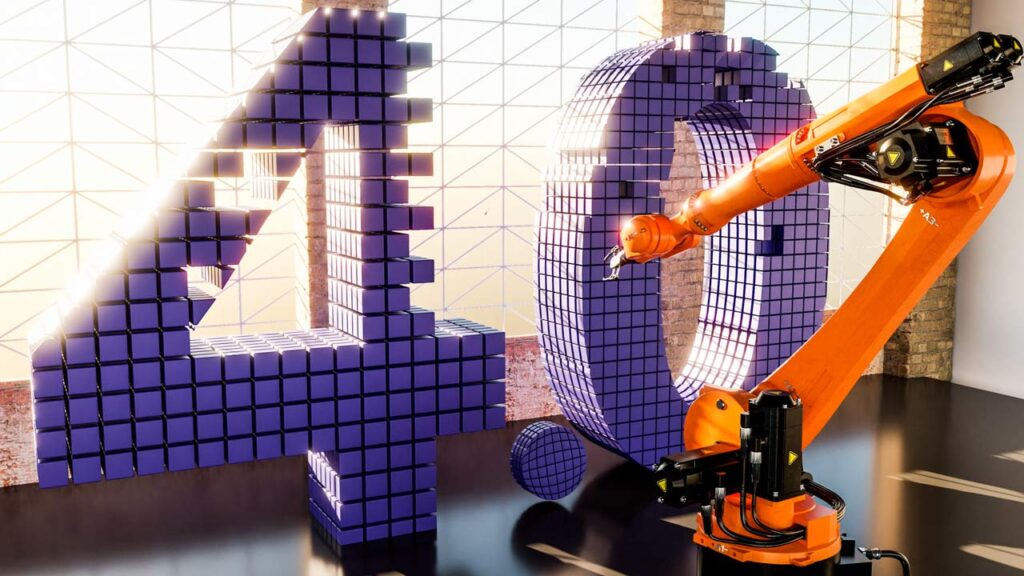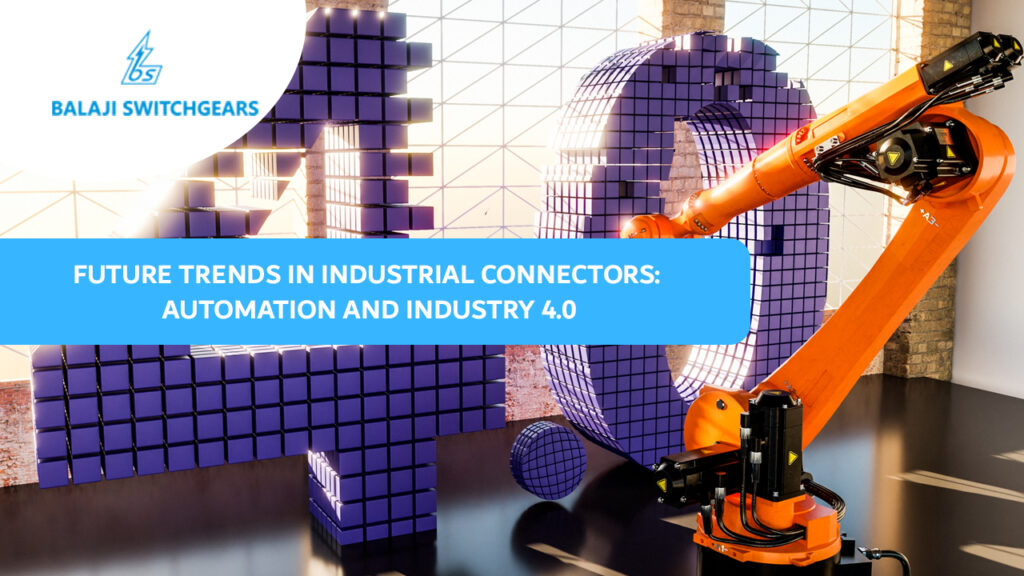As industries across the globe embrace advancements in technology, the role of industrial connectors—such as plugs and sockets—becomes crucial. These components are the backbone of automation systems, ensuring seamless data exchange and power flow across various equipment. With the rise of Industry 4.0, industrial connectors are transforming rapidly to keep pace with modern manufacturing needs. In this blog, we’ll explore the key trends shaping the future of industrial connectors in the era of automation and digitalization.
The Role of Industrial Connectors in Automation
The evolution of manufacturing is driven by efficiency, productivity, and connectivity. Industrial connectors play a foundational role in linking machines, sensors, and control systems across factory floors. They not only provide reliable power supply but also support data transfer, which is critical in an automated environment. Industrial plug and socket suppliers are now focusing on products that support seamless communication and adapt to high-speed data demands, helping manufacturers realize the full potential of automation.
These connectors are designed to work in extreme conditions, such as fluctuating temperatures, heavy vibrations, and exposure to chemicals, while maintaining a stable connection. This makes them indispensable for automated systems that require consistent performance without regular manual intervention.
Key Trends in Industrial Connectors for Industry 4.0
Industry 4.0, often known as the Fourth Industrial Revolution, introduces technologies like the Internet of Things (IoT), artificial intelligence (AI), and cloud computing to optimize industrial processes. Here are some of the major trends in industrial plug and socket technology that support this transformation:

1. IoT-Enabled Connectors for Smart Factories
One of the defining features of Industry 4.0 is the adoption of IoT in manufacturing. IoT-enabled industrial connectors can connect devices across the factory floor, allowing machines to communicate with each other in real-time. This connectivity helps in gathering essential data that can be used to optimize operations, reduce downtime, and improve predictive maintenance.
For instance, industrial plug and socket manufacturers are increasingly focusing on connectors with built-in sensors that monitor temperature, pressure, and connectivity status. These connectors provide valuable data, which can be analyzed to predict potential breakdowns and schedule timely maintenance, leading to minimal disruption in production.

2. Miniaturization and High Data Transfer Speeds
As machinery becomes more compact, the demand for smaller, more efficient connectors grows. Manufacturers now seek compact connectors that can be easily integrated into tight spaces without compromising on performance. This miniaturization trend is crucial for industrial robots and automated systems that require lightweight, space-saving components.
Moreover, connectors are now expected to support high-speed data transmission. In a smart factory environment, vast amounts of data need to be transferred at lightning speed. To meet this demand, suppliers are developing connectors that can handle gigabit-level data rates, ensuring that machines can communicate without lag. High-speed connectivity is essential in sectors like automotive and electronics manufacturing, where precise, synchronized movements of robotic arms and conveyor belts depend on uninterrupted data flow.
3. Enhanced Safety and Durability Standards
With automation, the safety of workers and equipment is a top priority. Industrial connectors are subjected to strict safety standards to ensure they can handle high voltages and currents without posing risks. Modern connectors are built with advanced locking mechanisms, foolproof designs, and resistance to environmental factors, such as dust and water, that could compromise safety.
Durability is also a significant consideration. Connectors must withstand continuous usage in harsh industrial environments. As a result, industrial plug and socket suppliers are developing products with reinforced materials that prevent wear and tear over time, further supporting Industry 4.0’s vision of a sustainable and resilient industrial ecosystem.
4. Plug-and-Play Connectivity for Greater Flexibility
Industrial environments today demand flexibility, as production lines need to adapt quickly to changing requirements. Plug-and-play connectors allow companies to modify and expand their systems with minimal downtime, making them ideal for Industry 4.0 applications. These connectors enable quick connections and disconnections, facilitating faster equipment reconfiguration and repair.
Plug-and-play connectors also reduce the time and cost associated with installing and configuring complex machinery, which aligns well with the goal of Industry 4.0 to improve efficiency. Additionally, this flexibility is crucial in industries where machinery is frequently moved, updated, or replaced.
5. Sustainable and Energy-Efficient Designs
Sustainability is a key component of Industry 4.0, and industrial connectors are no exception. Energy-efficient connectors help reduce power consumption, which is essential in large manufacturing setups that operate 24/7. Some industrial plug and socket suppliers are exploring materials and designs that minimize energy loss during power transmission, contributing to greener production processes.
Moreover, connectors with modular designs allow for easier repair and recycling. Rather than discarding an entire connector, only the defective component can be replaced, reducing electronic waste. This shift towards sustainable design aligns with global efforts to minimize environmental impact in manufacturing.

The Future of Industrial Connectors: What Lies Ahead?
Looking ahead, the future of industrial connectors will be shaped by the integration of AI and machine learning. With AI-driven insights, connectors could potentially self-diagnose and alert operators to issues before they escalate. Another exciting prospect is the development of wireless connectors that can transmit data and power without physical contact, offering even greater flexibility and durability.
We may also see increased collaboration between connector manufacturers and automation companies to create standardized solutions tailored for specific industries. This collaboration will lead to connectors that are not only more efficient but also highly customized to meet the unique requirements of different industrial applications.
Conclusion
The evolution of industrial plug and socket technology is critical in enabling the next generation of smart factories. As automation and Industry 4.0 continue to transform the industrial landscape, the demand for connectors that support connectivity, efficiency, and safety will only increase. Industrial plug and socket suppliers are rising to the challenge by developing advanced solutions that align with these trends, ensuring that industries remain at the cutting edge of innovation.
The future of industrial connectors lies in adaptability, smart data integration, and sustainable practices. By embracing these advancements, industries can optimize productivity, reduce downtime, and achieve unprecedented levels of operational efficiency. As we move further into the Fourth Industrial Revolution, industrial connectors will be indispensable enablers of a more connected and intelligent manufacturing ecosystem.

